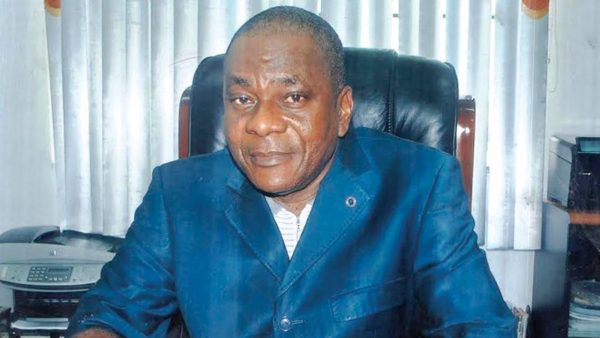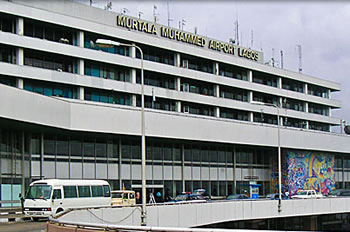Declare state of emergency on Lagos ports, clearing agents urge government

The Federal Government has been urged to declare a state of emergency on Lagos ports including Apapa and TinCan, to enhance efficiency in import and export activities.
Lagos ports have continued to suffer setbacks due to issues around cargo congestion, poor access roads, lack of cargo scanners, among others. These factors have forced importers to divert a large number of cargoes to the ports of neigbouring countries.
President, National Council of Managing Directors of Licensed Customs Agents (NCMDLCA), Lucky Amiwero, in a petition to President Muhammadu Buhari, urged him to declare a state of emergency in Lagos ports, and utilize the available empty terminals in Lagos, such as the Kirikiri Lighter Terminal.
Amiwero said: “Lagos ports congestion is as a result of a backlog of cargoes, which are held up as a result of accessing Apapa and Tincan Island ports, and other logistic issues that constitute the long stay of cargo and ships in the ports.
“The state of emergency is to wave the complexity of the lease agreement with the empty terminal owners at Kirikiri Lighter Port, and the cargo traffic elements on the concession agreement with concessioners,
“This is to enable the faster movement of more containers from the wet ports within Lagos by barges to the Kirikiri Lighter Port, which will eventually prevent international and local litigation on the diversion of cargoes to other ports, which is not the port of destination in the contract of carriage,” he stated.
In a letter, entitled: “Avoiding ship diversion to other ports by decongesting Lagos ports through utilizing the empty space at Kirikiri Lighter Port,” he said, the Kiririri Lighter Port has four empty terminals that can accommodate 15,000 full loaded containers, which will ease the congestion in Lagos, and shift some of the pressure from Apapa Tincan to Kirikiri Port area.
This, according to him, would eliminate possible litigation that will be generated from the international community and import-trading community for diverting Lagos bound cargoes to other ports, which have serious legal and financial implication, in terms of the restricted diversion clause in the contract of carriage (Bill of Lading).
He listed the empty terminals that are currently laying idle, which were used in 2001 Port decongestion to include: Brawl Phase I, with the capacity to take 2000 containers; Baco Liner (4000 containers); Kirikiri Phase II (3000 containers); and Kirikiri Phase III (2000 containers).
He said these terminals could still be utilized to clear the cargo backlog in Lagos ports and save the trading community from litigation, clearance and logistic complexities that are associated with the planned diversion.
Most of the empty spaces that were converted to terminals in the Kirikiri Lighter Port area, were identified during the Port decongestion by the Special Committee on Action Plan for Clearing Cargo Back Log, which eventually assisted in decongesting Lagos ports in 2001.







